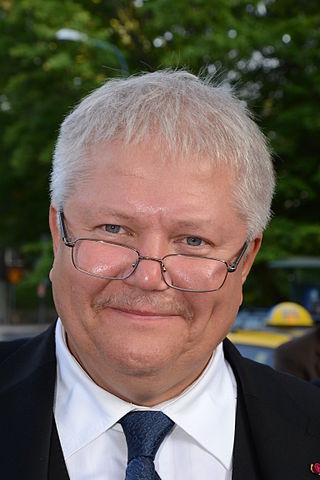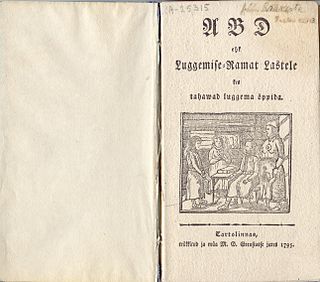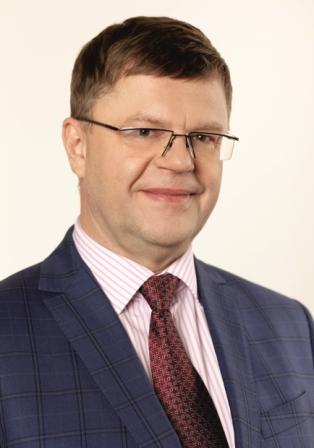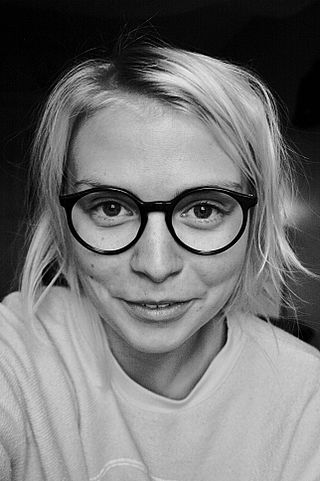
Tallinn Airport is the largest international airport in Estonia. The airport is also officially called Lennart Meri Tallinn Airport after the former president of Estonia Lennart Meri.

Rein Lang is an Estonian politician, a member of the Estonian Reform Party since 1995, and a diplomat. He was the Minister of Culture in Andrus Ansip's third cabinet until his resignation.

The history of formal education in Estonia dates back to the 13–14th centuries when the first monastic and cathedral schools were founded. The first primer in the Estonian language was published in 1575. The oldest university is the University of Tartu which was established during the reign of King Gustav II Adolf of Sweden in 1632. The beginnings of the Estonian public education system appeared in the 1680s, largely due to efforts of Bengt Forselius, who also introduced orthographical reforms to written Estonian.

University of Tartu Viljandi Culture Academy is an Estonian institution of higher education, situated in the provincial town of Viljandi, central Estonia. The UT Viljandi Culture Academy merged with the University of Tartu in 2005. The UT VCA has been teaching professional higher education and performing applied research within information science, culture education and creative arts since 1952. The academy has about 1000 students, half of whom are open university students. The teaching and instruction are based on the continuity and sustainability of Estonian native culture enriched by new impulses which widen the notion of traditional culture. As of 2021, the Director of the institution is Juko-Mart Kõlar.

Tallinn French School or Tallinn French Lyceum, is a co-educational comprehensive secondary school in Tallinn, Estonia. It offers primary and secondary education. Students perform consistently well in national exams, often placing the school in the national top 5.

Tullio Liblik is an Estonian entrepreneur, the CEO and member of the board of the investment company Saarte Investeering and the chairman of the council of Kuressaare Regional Training Centre.

Liis Koger is an Estonian painter and poet based in Tallinn.

Alisa Jakobi is an Estonian artist, actress and graphic designer.

Elisabet Reinsalu is an Estonian stage, television, voice, and film actress.

Kiiri Tamm is an Estonian stage, television and film actress and stage manager.

Adeele Sepp is an Estonian stage, film, and television actress.
Jörgen Liik is an Estonian stage, film and television actor.
Salme Poopuu was an Estonian filmmaker and actress. Poopuu's career in the film and television industry spanned nearly fifty years working in a variety of positions, such as an actress, production assistant, production manager, producer, assistant director and director.
Leida Rammo was an Estonian stage, radio, television, and film actress and theatre director whose career spanned over seven decades.
Anna Raudkats was an Estonian teacher and folk dance reviver. She wrote several books on Estonian folk dance, occasionally adding elements she had choreographed herself.
Mihkel Mattisen is an Estonian pianist, pop singer, songwriter, music producer and teacher.
Robert-Rudolf Volk was an Estonian militant sculptor. He was also a member of the Estonian Defence League.
Eerik Haamer was an Estonian painter.
Smart-ID is an electronic authentication tool developed by SK ID Solutions, an Estonian company. Users can log in to various electronic services and sign documents with an electronic signature.










